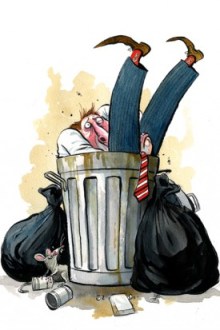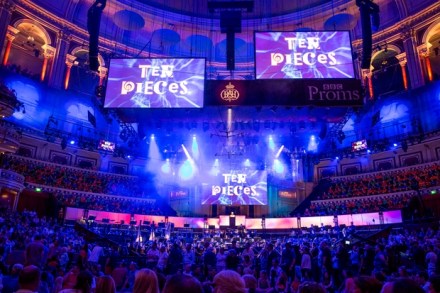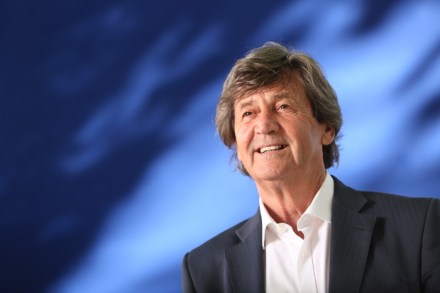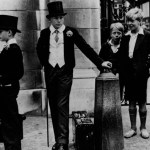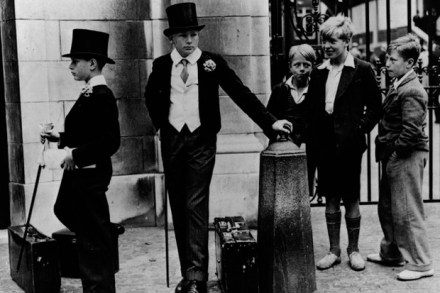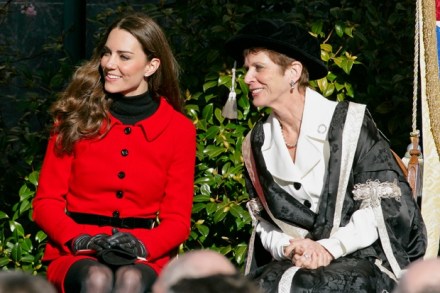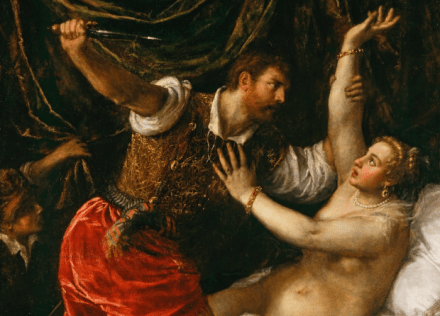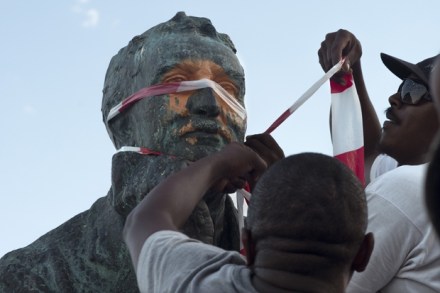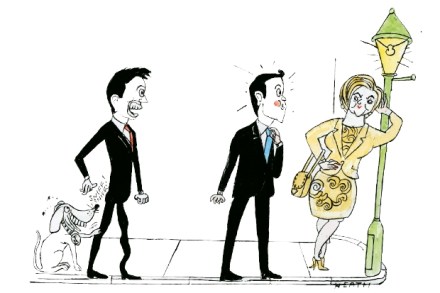First-rate firsts
It has become something of a truism among writers’ groups and in articles offering advice on how best to secure the services of an agent or publisher that the opening of a novel is everything — the ne plus ultra of the writer’s armoury. If one can knock the reader’s socks off with the first few lines one is almost there. So I’ve decided to conduct an experiment. Before reading any of these four first novels to the end, I shall compare and mark their opening couple of pages. First in line (and chosen entirely at random) is Michela Wrong’s Borderlines. Miss Wrong (you’ll find no silly jokes from me




